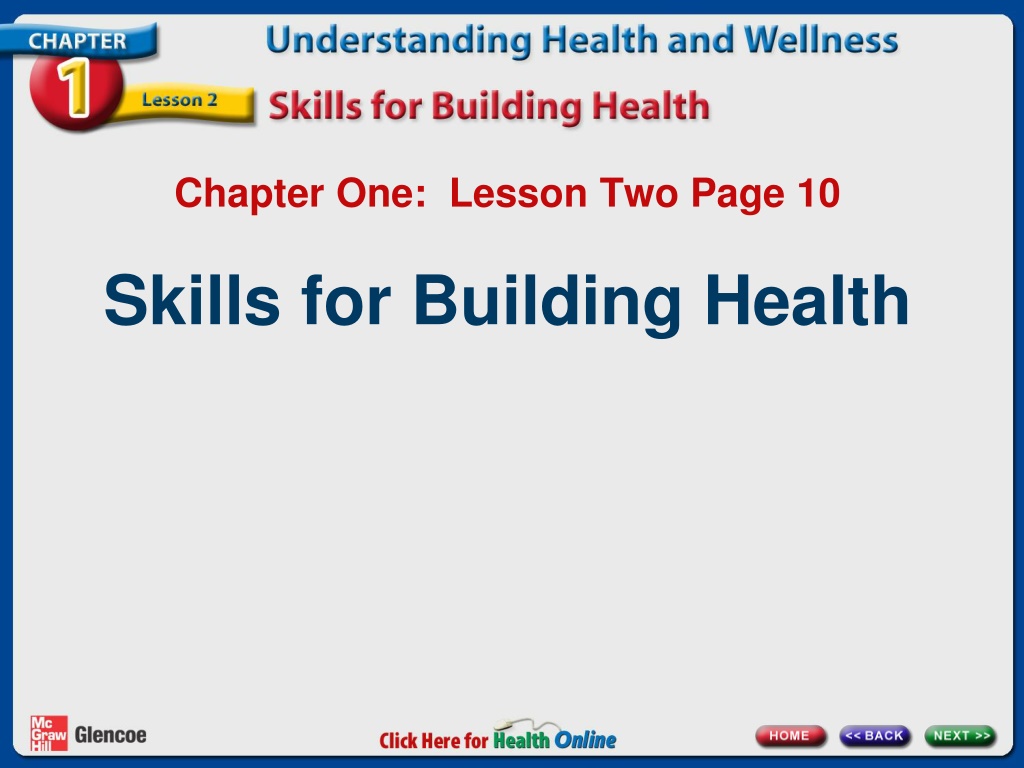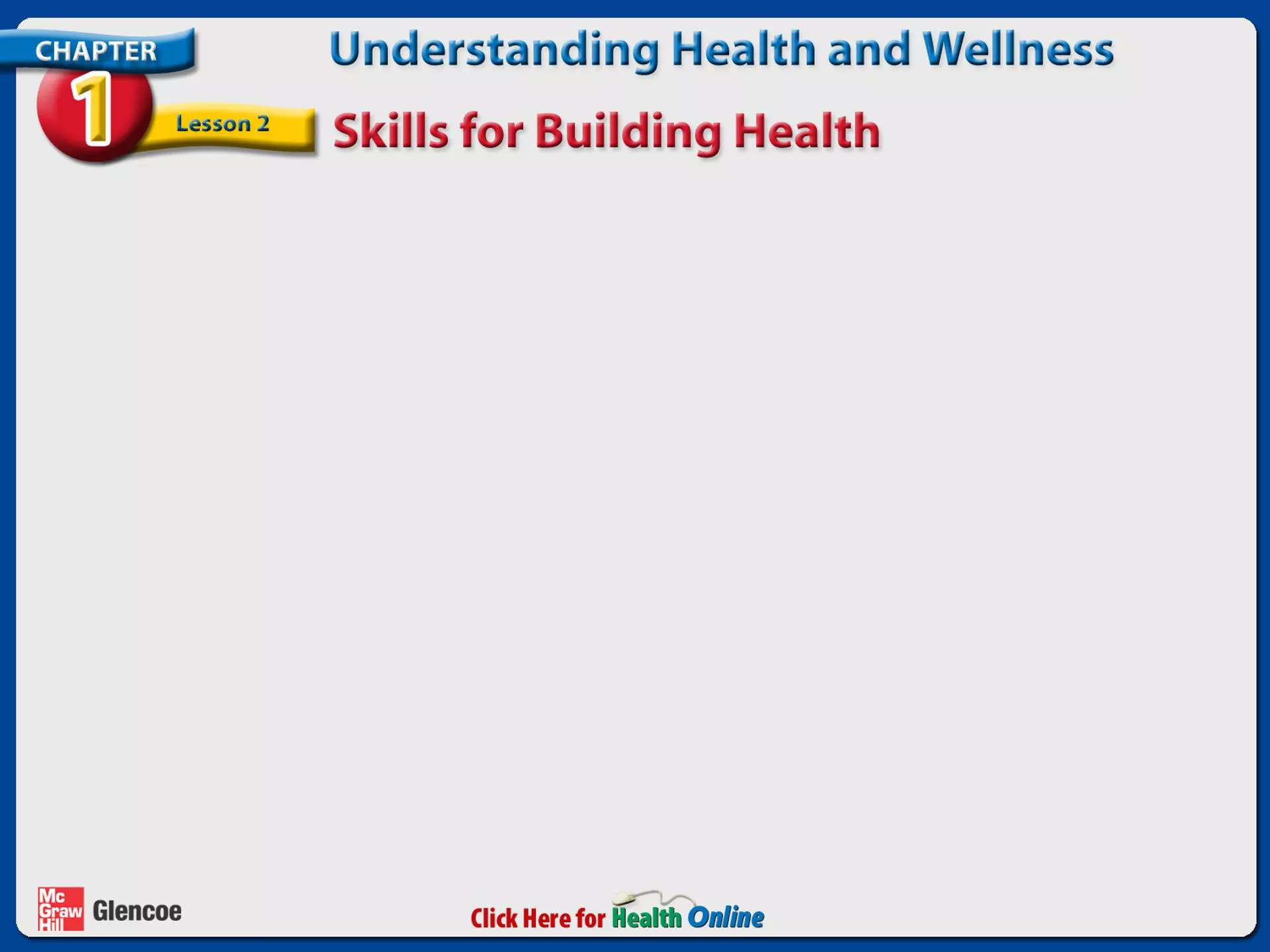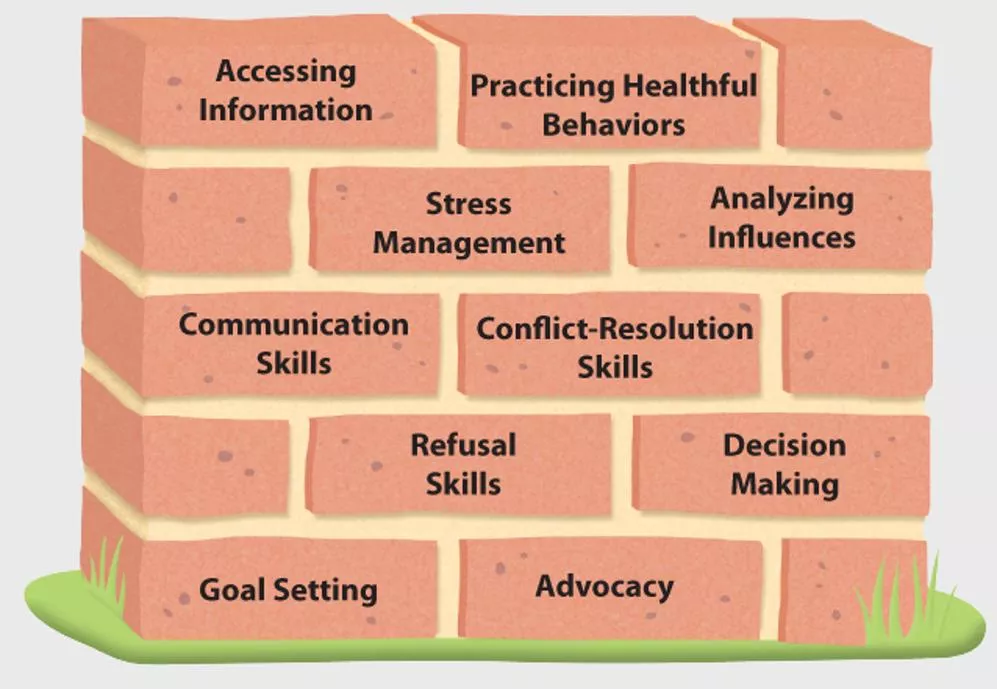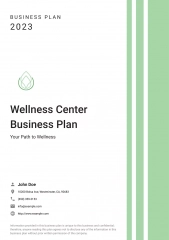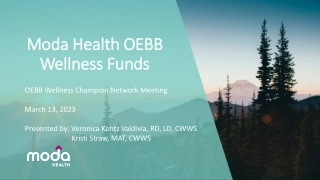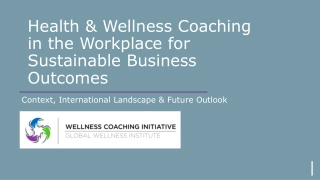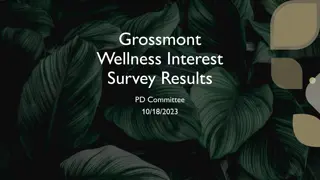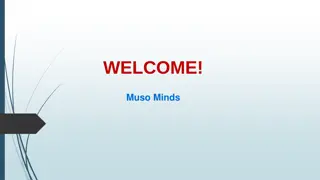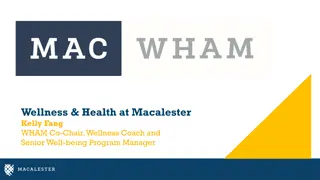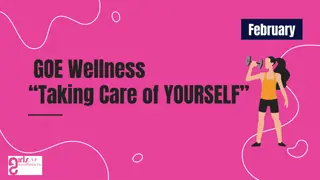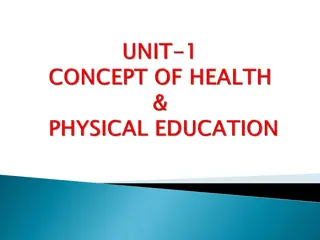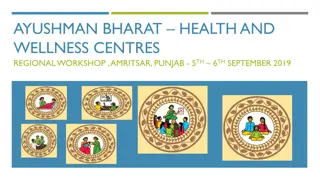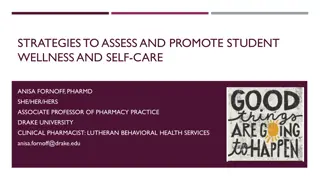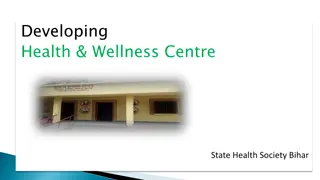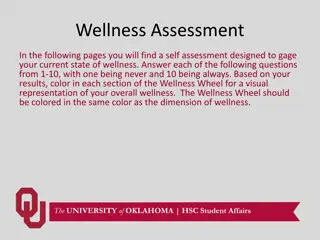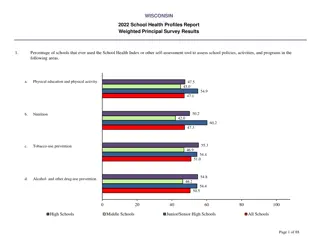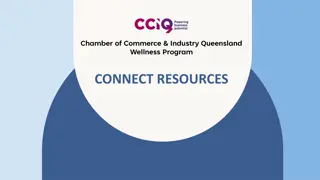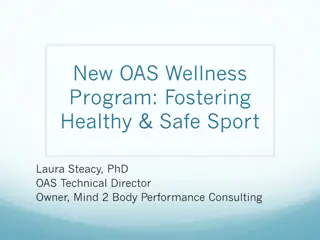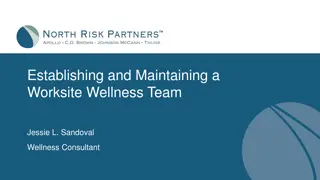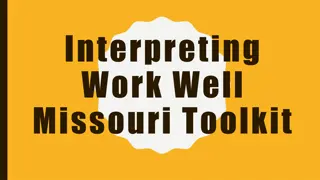Building Health Skills: Key Lessons for Wellness
Learn essential skills for building and maintaining good health, including accessing reliable information sources, self-management techniques, practicing healthful behaviors, stress management, and analyzing influences that impact decision-making. Understand how to make responsible choices for your well-being by developing these crucial health skills.
Download Presentation

Please find below an Image/Link to download the presentation.
The content on the website is provided AS IS for your information and personal use only. It may not be sold, licensed, or shared on other websites without obtaining consent from the author.If you encounter any issues during the download, it is possible that the publisher has removed the file from their server.
You are allowed to download the files provided on this website for personal or commercial use, subject to the condition that they are used lawfully. All files are the property of their respective owners.
The content on the website is provided AS IS for your information and personal use only. It may not be sold, licensed, or shared on other websites without obtaining consent from the author.
E N D
Presentation Transcript
Chapter One: Lesson Two Page 10 Skills for Building Health
Accessing Information Sources of Information Parents, guardians, or other adults you trust Media sources such as TV and radio Libraries The Internet
Accessing Information You should find out if the health information you are getting is reliable. reliable Trustworthy and dependable Try to find other sources that agree or disagree with the source you are using.
Self-Management Now that you are older, you make many decisions for yourself. Two self-management skills are practicing healthful behaviors and managing stress.
Practicing Healthful Behaviors Healthful Behaviors Exercise Regularly Eat Healthful Foods Drink Plenty of Water Get a Good Night s Sleep Your heart and muscles will grow stronger. Your body will work more effectively. Your body will work more effectively. You will wake up with more energy.
Stress Management Stress can be positive or negative. stress The body s response to real or imagined dangers or other life events
Stress Management Makes you feel unsure about yourself Can make you lose sleep Can hurt you physically Helps you take action Helps you focus Positive Negative
Stress Management Stress management is an important self-management skill. stress management Identifying sources of stress and learning how to handle them in ways that promote good mental/emotional health
Analyzing Influences Understanding what influences you will help you make responsible choices in the future. Influences Likes Dislikes Feelings Interests Opinions of others Media messages
Communication Skills Interpersonal communication includes: Speaking skills Listening skills interpersonal communication The sharing of thoughts and feelings with other people
Communication Skills Two important communication skills are: Saying no when others want you to do something unhealthy Settling conflicts peacefully
Communication Skills Words you use How you say words Communication Posture Facial expressions
Conflict-Resolution Skills Because conflict is a normal part of life, you need good conflict-resolution skills. conflict A disagreement between people with opposing viewpoints, interests, or needs conflict-resolution skills The ability to end a disagreement or keep it from becoming a larger conflict
Conflict-Resolution Skills Conflict-Resolution Tips Take a time-out to let everyone calm down. Allow each person to tell his or her side of the story. Let each person ask questions of the other. Keep thinking of creative ways to resolve the conflict.
Refusal Skills Use refusal skills to help you avoid behavior that is unhealthy, unsafe, or goes against your values and beliefs. refusal skills Ways to say no effectively
Refusal Skills s T O P Say no. Tell why not. Offer other ideas. Promptly leave.
Decision Making and Goal Setting The path to good health begins with making healthful choices. Learning how to set realistic goals is another step toward health and well-being.
Advocacy Working to bring about change involves the skill of advocacy. advocacy Taking action in support of a cause When you care about an issue that could harm people s health, you work to improve it.
